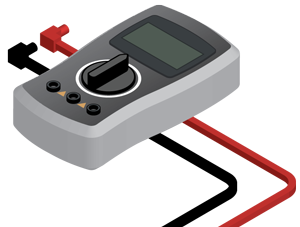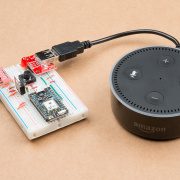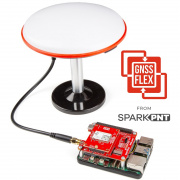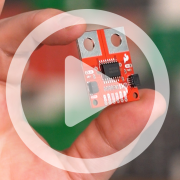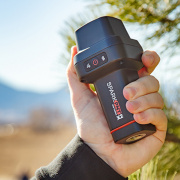Adventures in Science: How to Use a Multimeter
Just getting into electronics or want a refresher on digital multimeter basics? We've got you covered.
My New Years resolution was to make more videos. A lot more videos.
OK, it really had nothing to do with the new year, but it sounded good in my head.
Based on the feedback I received for my concept series last year, I've decided to spend some time on a more basic concept and tutorial video series (and implement many of the suggestions you all gave). I want to leave the more advanced electrical design concepts for According to Pete, so I plan to focus on the basics: how to use tools, broad concepts, and maybe some programming.
First up: How to Use a Multimeter. This incredibly useful tool should be one of the first devices you pick up if you're getting started in electronics. Basic models are capable of measuring AC and DC voltages, current and resistance. You'll also find yourself using it quite often to detect unwanted shorts and opens in your circuits.
SparkFun sells a few different multimeters to get you started. If you want the absolute best, be prepared to spend some money, and you can't really do much better than a Fluke. I use a Fluke 87V as my personal meter at home, but I had to scour eBay deals to wait for one to show up used at a reasonable price.
If the written word is your preferred method of digesting information, Nate has a great tutorial on using multimeters:
How to Use a Multimeter
I'm hoping to continue these tutorial and concept videos (almost) every week. What things would you like to see? What are some concepts that you consider to be essential in starting with electronics, programming, crafting, etc. that aren't covered elsewhere?
Interested in learning more foundational topics?
See our Engineering Essentials page for a full list of cornerstone topics surrounding electrical engineering.
